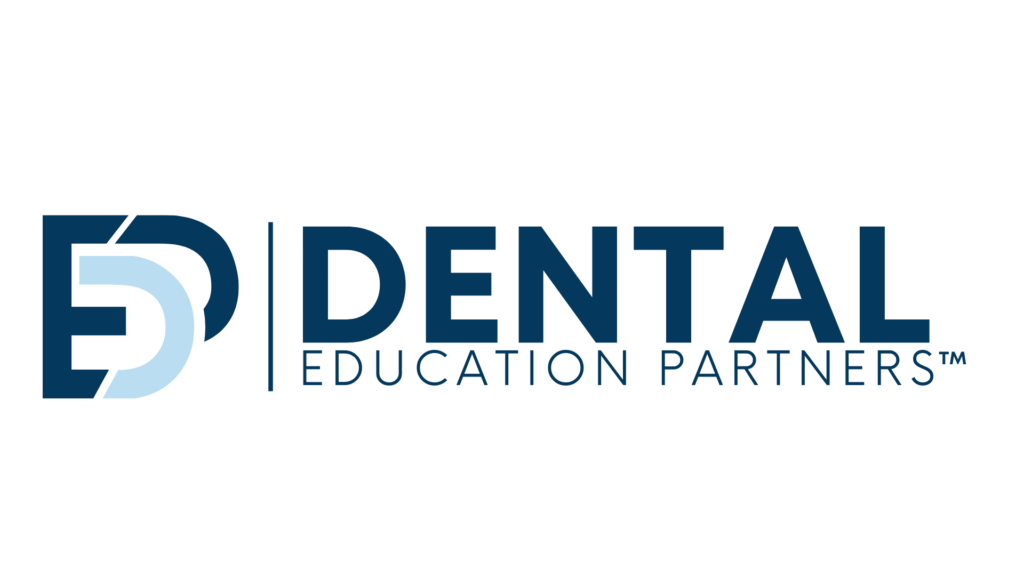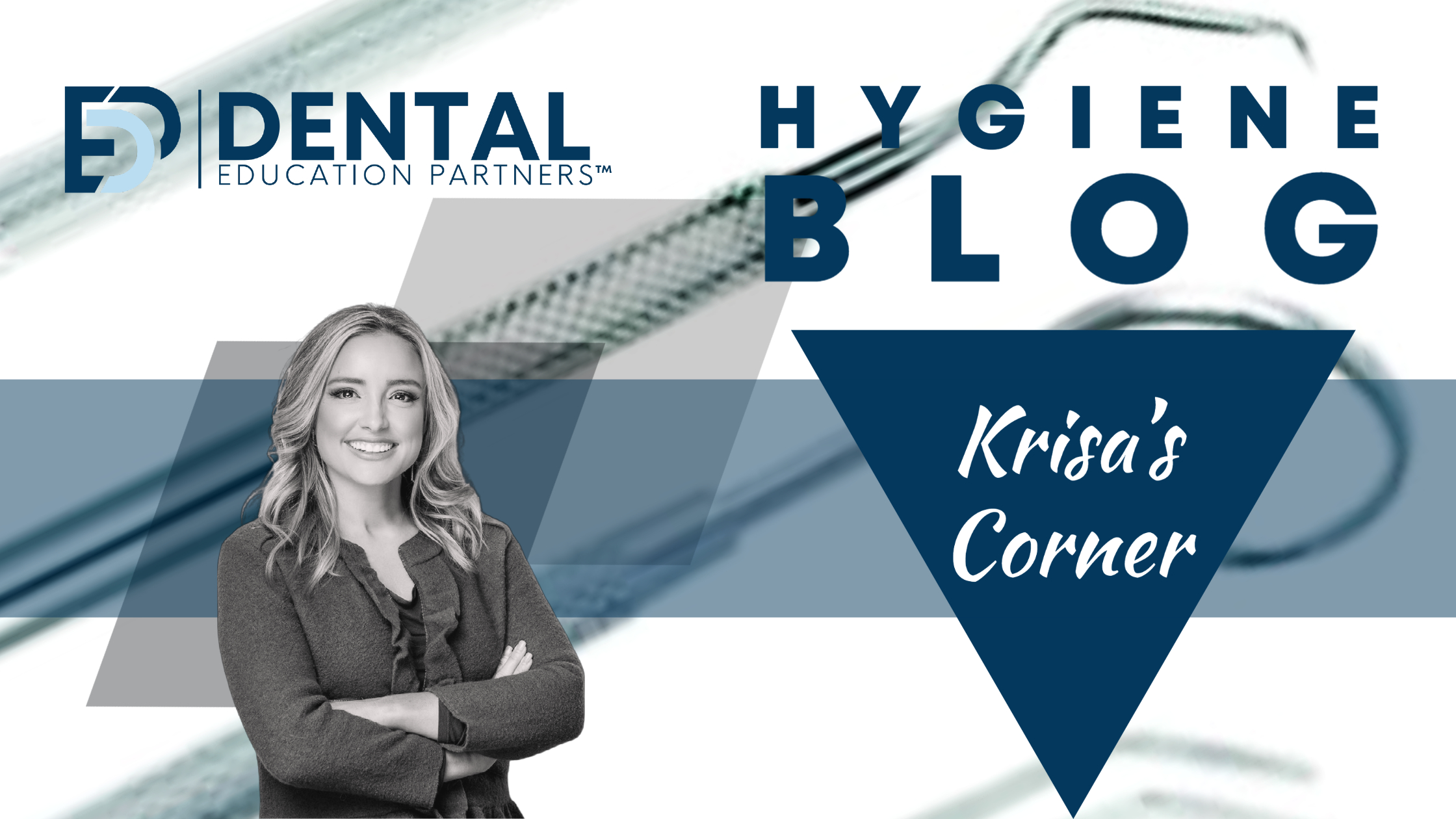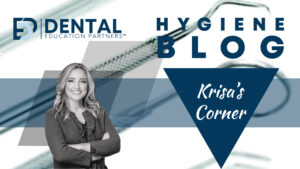Dental hygienists, as integral members of the dental care team, play a pivotal role in providing excellent patient care through their assessments. These assessments, which encompass reviewing the patient’s medical history, examining radiographs, conducting periodontal charting, and assessing caries risk, are not to be underestimated. They significantly contribute to overall dental health, ensuring comprehensive care, effective preparation, efficient time management, smooth doctor-hygiene handoffs, and enhanced productivity.
1. Comprehensive Care
Dental hygienist assessments are not just about cleaning teeth; they are proactive evaluations that delve into the teeth, gums, and mouth. We are trained to spot early signs of decay, gum disease, and other oral health issues that may not be immediately obvious to the patient. By catching these problems early, we can recommend preventive measures or treatments to address them before they escalate. This proactive approach ensures that all aspects of a patient’s oral health are monitored and maintained, contributing to their overall well-being and reassuring the patient that they are in good hands.
2. Preparation
Pre-planning for your day provides insight into what to expect and what assessments you will need to perform. Reviewing patient charts allows you to better serve your patients and prepare the dental team for any potential issues that may arise. This preparedness can prevent unexpected dental emergencies, ensuring that any issues are managed proactively rather than reactively. For patients, it means staying informed about their oral health status and understanding any risks or concerns. For the dental team, it provides a comprehensive understanding of the patient’s oral health history, allowing them to plan and execute treatments more effectively.
3. Time Management
Time management is critical to a successful appointment and patient experience. Skipping assessments because you are running behind is never an option. When we skip assessments, all we are doing is kicking the can down the road. Is that right for the patient? Dental hygienists can better manage their time and gain more control of their schedule by anticipating the duration and complexity of each appointment. This allows for more accurate scheduling, ensuring that sufficient time is allocated for each patient without causing delays for subsequent appointments. Efficient scheduling minimizes patient wait times and maximizes the use of available appointment slots.
4. Doctor-Hygienist Handoff
The collaboration between the dental hygienist and the dentist is vital for effective dental care. During an assessment, the hygienist gathers valuable information about the patient’s oral health, which is then communicated to the dentist. This seamless handoff ensures that the dentist has all the necessary data to make informed decisions about their treatment plan. It also allows the dentist to focus on more complex procedures, knowing that the hygienist has already performed a thorough assessment. This teamwork enhances the overall quality of care and ensures that the patient receives the best possible treatment. Leaving out critical evaluations and communication with the patient and doctor can make for a negative patient experience and what we want is to gain trust in our patients as well as our providers.
5. Productivity
Consistently performing assessments will ensure that we are identifying, diagnosing, and treatment planning effectively. When we ignore these assessments, it does not serve the patient. They trust us in their care as they should, and we should consistently deliver the same experience. We must provide the tools and education needed for the patient to make an informed decision about their health. When we do that, the productivity comes.
Conclusion
Dental hygienist assessments are an integral part of maintaining oral health. They provide comprehensive care by identifying and addressing potential issues early, preparing both patients and the dental team for any necessary treatments, saving time by preventing complex problems, ensuring effective communication between the hygienist and dentist, and enhancing the overall productivity of the dental practice. By prioritizing regular assessments, you can provide a healthier smile and a more efficient, effective dental care experience. Don’t overlook the importance of these assessments.


